Spotify meets IFTTT to make your music a bit more fun
Spotify is one of the top music services in business today. It's a tough market, with a growing field of competitors aiming to get your money. It can be good, and many people love it, but how could it become even better?
How about adding If This Then That (IFTTT) support? The service has added a new channel that allows you to utilize its capabilities for many functions associated with your music.

TV and porn dominate piracy statistics
With the launch of Apple Music and a number of high-profile artists withdrawing their music from streaming services, piracy has been in the headlines of late.
But a new infographic from application security company Arxan reveals that piracy of music is only a small part of the overall problem.
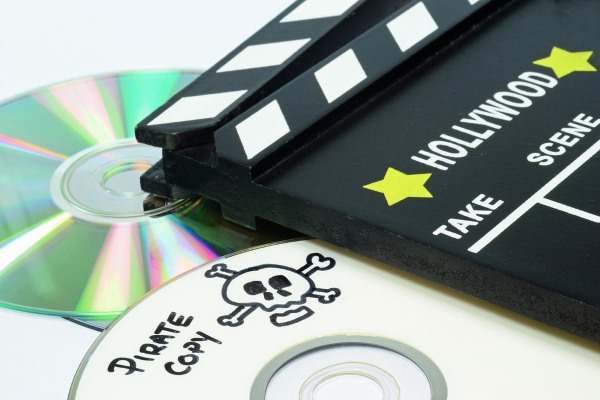
Copying CDs and DVDs just became illegal in the UK. Again.
The UK has had something of an on-off relationship with CD and DVD ripping. It was illegal, and then it was legalized. But things reverted back. Just last year, ripping was made legal once again, but a High Court ruling today overturned the legislation meaning that disc copiers will -- once again -- be breaking the law.
The government had introduced legislation that permitted people to made copies of audio and video discs they owned, provided it was for personal use. The latest ruling, however, kills the Copyright and Rights in Performances (Personal Copies for Private Use) Regulations 2014 because of a failure to implement a compensation scheme for artists and copyright holders.

Blame confused consumers for Xbox Music rebranding
Microsoft recently rebranded its music service from Xbox Music to Groove Music, and the reason is pretty simple: consumer confusion.
In a tweet earlier this week, Microsoft’s corporate VP for operating systems Joe Belfiore said "Lots of people were saying 'I don’t have an Xbox, why would I use Xbox Music?'".

DJs and music fans warned iTunes 12.2 could corrupt music libraries and add DRM
With the launch of Apple Music came a new version of iTunes. Apple's new streaming music service initially hit the headlines for all the wrong reasons thanks to Taylor Swift, and now it is the turn of iTunes. It's an app that many love to hate, and now there is another reason to dislike the music management tool.
It's not just runners with iPhone and iPod users looking for a musical accompaniment to their daily exercise who use iTunes to organize their music collection, it is also used by professionals. The software is used by DJs to keep their music collections in check, but anyone who relies on their music library might want to heed the warning of website Digital DJ Tips -- "Warning to DJs: Do not upgrade to iTunes 12.2!"
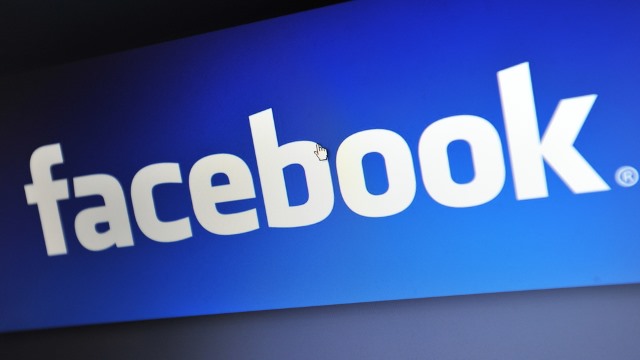
Facebook in talks with music labels
Social giant Facebook has been in talks with music labels for the past few months, although nobody is quite sure what the company is planning.
Reports say Facebook has met with Universal Music Group, Warner Music Group and Sony Music Entertainment, three of the big music licensing labels. Since this doesn’t seem to involve indie labels, we can assume it isn’t a music streaming deal, but instead a licensing and content protection deal.
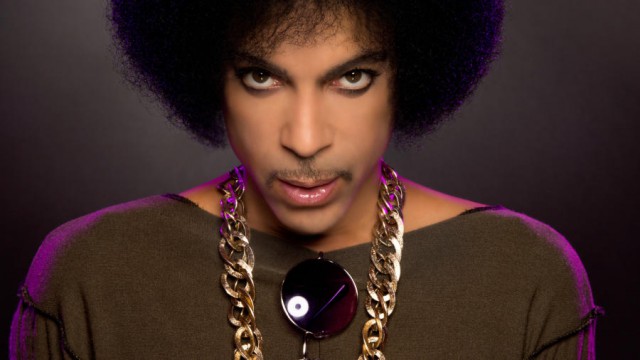
Prince pulling music from popular streaming services
One of the most prominent skeptics of digital music, Prince has surprisingly been off the radar on the whole music streaming debate, until now.
The Minneapolis sound pioneer removed all of his songs from Deezer, Spotify, Rdio and Apple Music earlier this week, while keeping music on Google Play and Tidal.
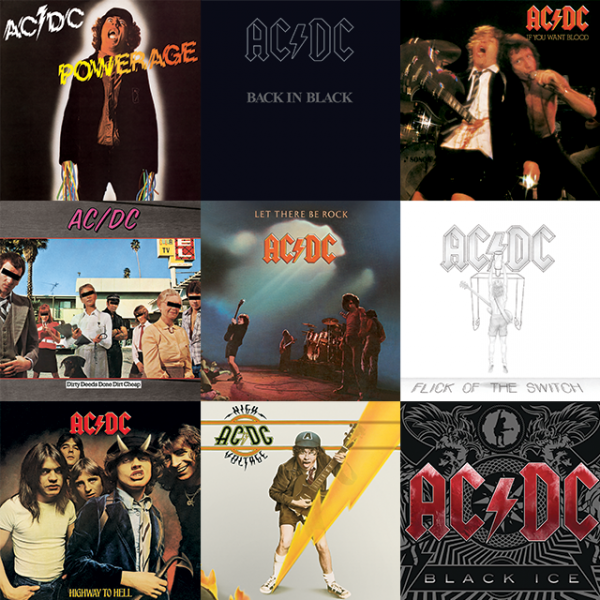
Rdio shoots to thrill as AC/DC rocks onto the service
Many may argue that they don't make bands like AC/DC anymore, and perhaps they'd be right. The Australian group shaped the youths of many of us with their hard sound and clever lyrics. Nobody will forget original singer Bon Scott or replacement Brian Johnson who raised the band from its ashes after the tragedy of Scott's death.
But now you can hop onto the Highway to Hell and take a ride using Rdio, the music streaming service that aims to compete in this market with many formidable rivals. The music site has announced the whole epic catalog is available to its users.
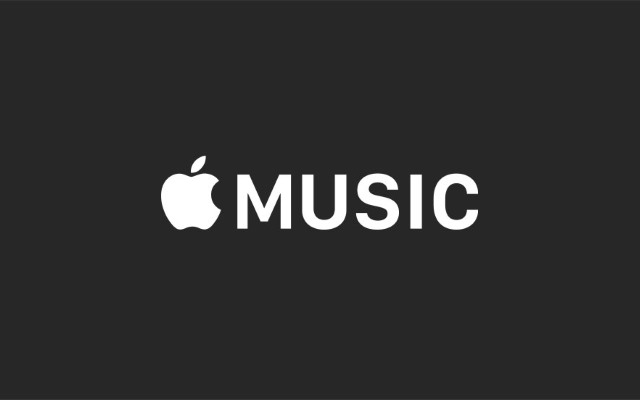
Apple Music, Beats 1, iOS 8.4 to launch June 30
After months of testing, Apple revealed earlier this month, at WWDC 2015, that iOS 8.4 will be officially available in late-June, bringing us the new Apple Music streaming service and Beats 1 radio station. While those are the biggest changes, the new version of the popular mobile operating system will also feature a number of under-the-hood tweaks to improve the user experience, as we have come to expect from the most-recent iOS releases.
Quite a few of us expected Apple to launch iOS 8.4 way before the end of the month, but it looks like the company has other plans in mind, as iOS 8.4 is officially set to launch on the very last day of June.
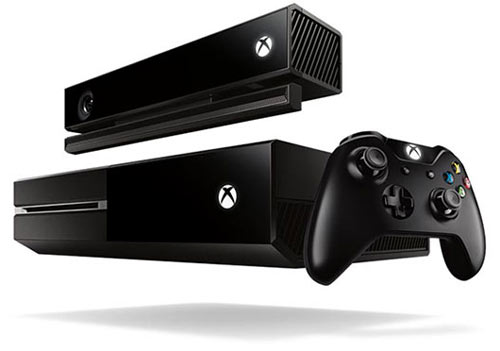
TuneIn brings another music option to Xbox One owners
Microsoft's Xbox One gaming console does much more than just play games, there are many entertainment options. It aims to be the hub of the consumer's living room, with all sorts of choices and even HDMI pass-thru. Now music streaming service TuneIn is adding one more option to the mix.
TuneIn bills itself as "the world's largest collection of radio stations". This is more than just music, though. It's also stations that deliver news, sports, talk radio and podcasts. It's enough to cover just about any eclectic taste.
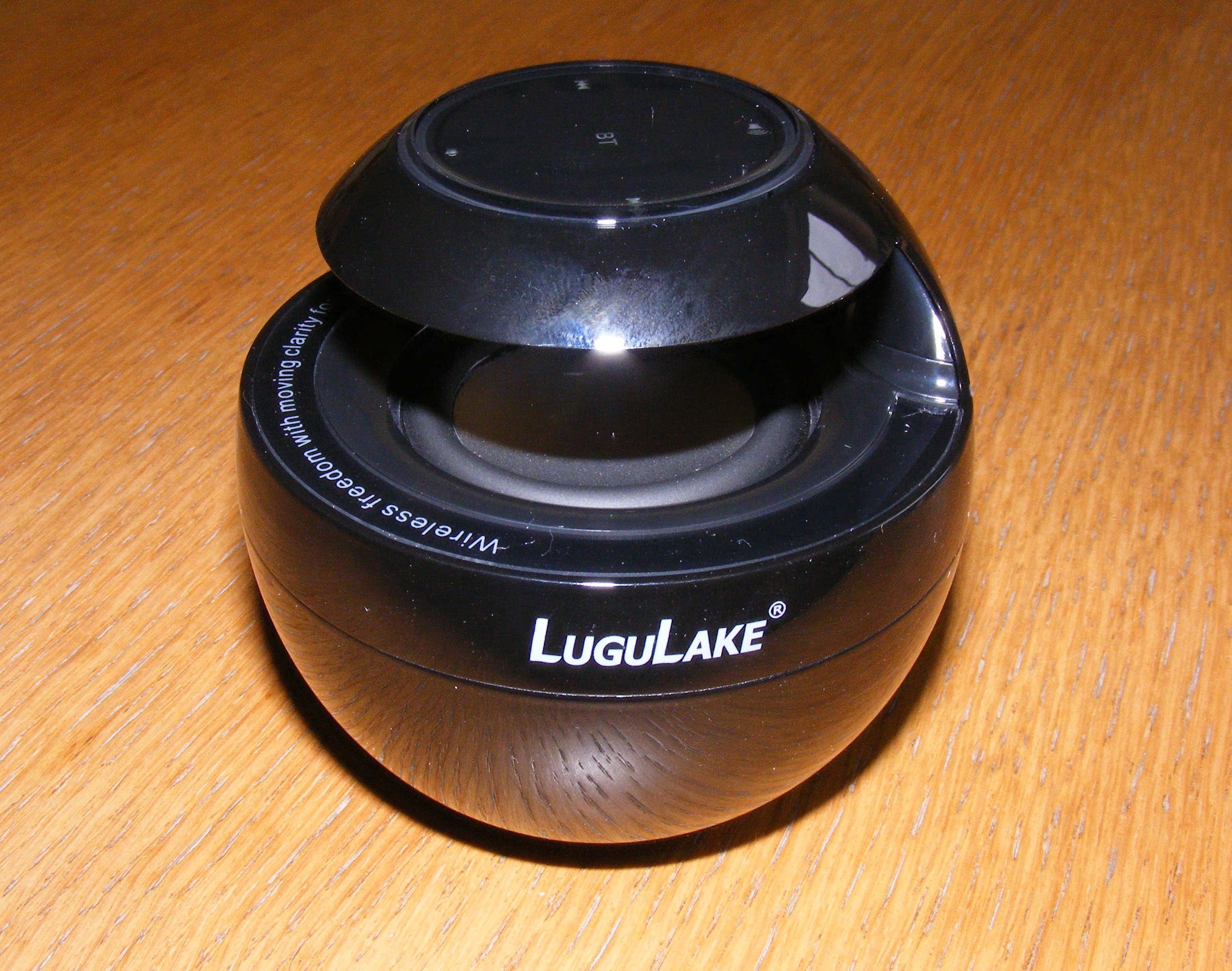
LuguLake-24 Bluetooth speaker -- style over substance? [Review]
Bluetooth speakers usually need some sort of distinctive feature to help them to stand out from the crowd. In the case of the LuguLake that distinctiveness is in the way it looks.
The first thing that strikes you is the funky design, it's about the size of a tennis ball, or an apple if you prefer, with a shiny black finish and a sort of suspended saucer over the speaker cone itself. On the top of this is a touch pad that acts as a volume control as well as allowing you to pause and skip tracks, and answer calls so you can use it as a speakerphone.

Now that Apple Music pays, will Taylor Swift and independents play?
As my colleague Manish Singh reports overnight, Apple reversed course and now plans to compensate artists for the first three months of music streaming. It's time to ask: Were the whiners grandstanding or sincere? The question mainly is meant for Taylor Swift, whose Father's Day Tumblr post seems to have brought, eh, swift response to the—what I call—"play for no-pay" plan.
The company unveiled Apple Music during the World Wide Developer Conference on June 8. The streaming service will be free to subscribers for the first three months, with Apple initially choosing not to make royalty payments to artists. I condemned the ridiculous strategy last week. The company sits on a nearly $200 billion cash horde, and content creators are among its most loyal customers. Stiffing them makes no sense from several different perspectives, with good public relations being one and expressing thanks to artist customers being another.

Taylor Swift effect: Apple changes course, says it will pay labels and artists during free trial
It has been an eventful day for folks vested in the music industry, streaming business, and listeners alike. The day began with Queen of Pop Taylor Swift writing a public letter to Apple explaining why she isn’t putting her latest album “1989” to the impending Apple Music streaming service. And the day is closing with Apple addressing the issue and doing the right thing.
In a blog post, Swift noted that Apple’s decision to not pay labels and artists royalty for the first three months -- Apple Music will be a free trial to users -- is unfair. She said -- something which many people have nodded to since -- that three months is a long period, and it could mean a lot to indie artists.
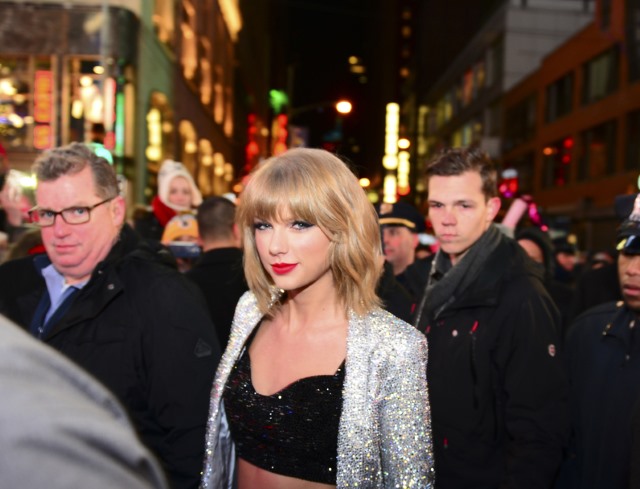
Taylor Swift denigrates Apple Music as 'shocking, disappointing'
There are only a few days until Apple Music launches, but already there is quite a backlash against the music streaming service. It's not just smaller, independent labels that are complaining about Apple's refusal to pay artists any royalties during the initial three month free trial period. Taylor Swift has added her voice to the growing number of complainants, writing an open letter to Apple in which she says she will withhold her new album 1989 from the service.
In the letter, entitled "To Apple, Love Taylor", the singer says that the company's decision not to make royalty payments is "shocking, disappointing, and completely unlike this historically progressive and generous company". Swift is an artist who could afford to shoulder the cost of three months of not being paid by Apple, but she has chosen to make a stand and stick up for those who are less fortunate.
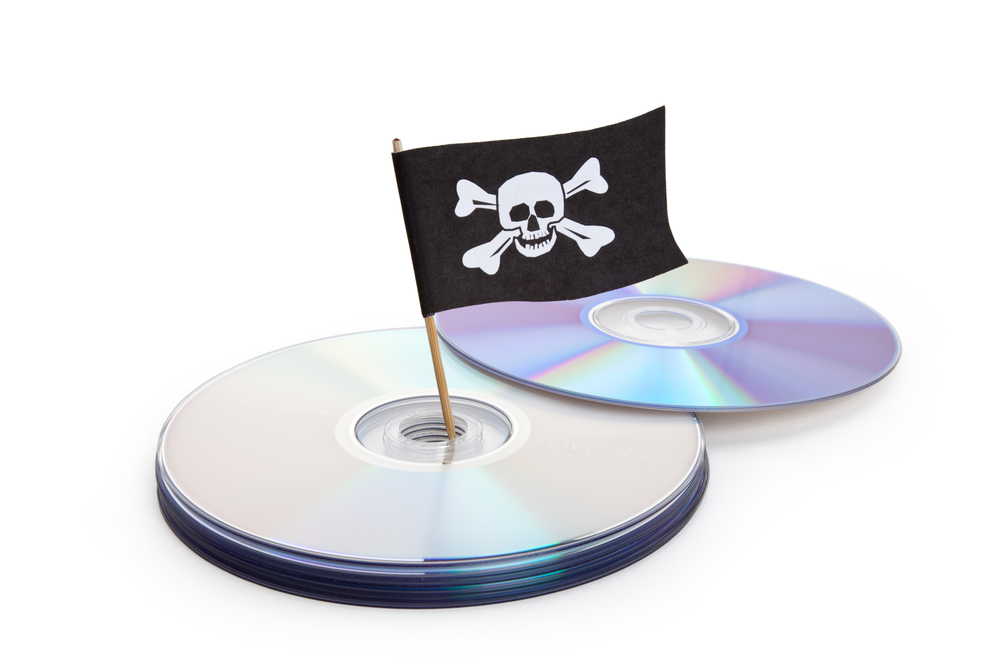
UK CD ripping legislation is unlawful and hurts the music industry
The casual copying of CDs has been going on for years, but it is only relatively recently that it was made legal in the UK. It was only in the latter half of 2014 that the UK government passed legislation that permitted the copying and ripping of CDs for personal use. Today the High Court in London said that the government's earlier suggestion that ripping would not harm the music industry is incorrect.
When the legislation was passed last year, representatives of songwriters and musicians appealed. They were not unhappy with the legalization of CD ripping, but at the suggestion that financial harm would not be caused and compensation was not needed. Mr Justice Green said that "the absence of a compensation mechanism is unlawful".
